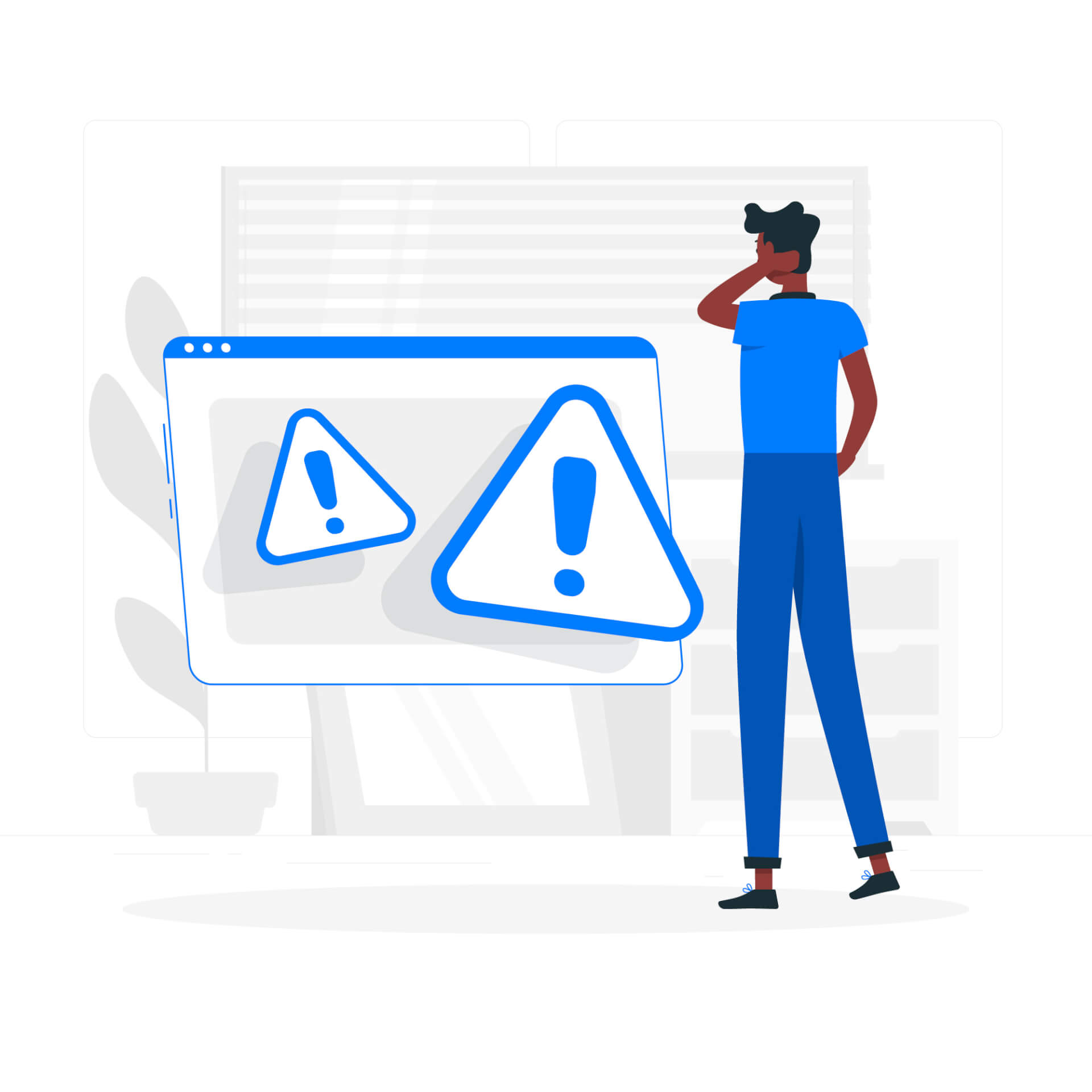 In a world where first impressions count, ensuring the accuracy and professionalism of your proposals is of utmost importance.
In a world where first impressions count, ensuring the accuracy and professionalism of your proposals is of utmost importance.
In this article, we explain why proofreading proposals is a crucial step in any business or professional endeavor.
Table of Contents
Why proofreading is important

1. Ensuring accuracy
Proofreading is not just about catching typos; it's about ensuring that the presented information is correct.
A single error in your proposal could undermine credibility and cost potential opportunities.
2. Improving readability
With clear and concise proposals, it's more likely to engage and convince customers or stakeholders.
Proofreading ensures that the language flows smoothly and ideas are effectively communicated.
3. Preserving professionalism
A polished proposal reflects positively on the sender. It conveys attention to detail and professionalism, inspiring trust in the recipient.
Proofreading proposals

Characteristics of effective proposals
Effective proposals should be customizable, visually appealing, and clearly structured. They should include sections with key information such as objectives, services, and prices.
Common errors to watch out for
When proofreading proposals, watch out for grammatical errors, inconsistencies in formatting, and inaccuracies in content.
These errors can impact the overall effectiveness of the proposal.
Benefits of hiring a proofreader

Quality control
A professional proofreader provides a fresh set of eyes to review your proposal and ensures it meets high quality and professionalism standards.
Time-saving
By outsourcing proofreading, you can focus on other aspects of your business while ensuring your proposals are error-free and submission-ready.
Expertise and experience
Experienced proofreaders have an eye for detail and a deep understanding of grammar and syntax. Their expertise can enhance the quality of your proposals.
How to choose the right proofreader

Qualifications to look for
Look for proofreaders with relevant qualifications or certifications in editing or proofreading. Experience in your industry or niche is also a valuable asset.
Examples and portfolio
Review examples of the proofreader's work to assess their style, attention to detail, and ability to enhance clarity and coherence.
Communication skills
Effective communication is key to a successful proofreading partnership. Choose a proofreader who is responsive, open to feedback, and able to understand your specific needs.
Proofreading process - A brief overview

Initial assessment
Provide clear instructions and expectations to the proofreader for the project. Discuss timelines, outcomes, and any specific preferences or concerns.
Editing and revision
The proofreader carefully reviews your proposal, corrects errors, improves clarity, and suggests revisions as needed.
Final review and approval
Before finalizing the proposal, review the proofreader's changes and revisions. Make any final adjustments or clarifications before submission.
Common mistakes to avoid

Relying solely on spell check
Spell check can catch some errors, but it's not foolproof. Always have your proposals proofread by a human for accuracy and coherence.
Ignoring consistency
Consistency in formatting, style, and language is crucial for professionalism.
Ensure your proposal maintains a consistent tone and unified appearance throughout.
Rushing through the process
Proofreading requires time and attention to detail. Avoid rushing the process as it increases the likelihood of overlooking errors.
Summary
In summary, proofreading proposals is a crucial step in ensuring the professionalism, accuracy, and clarity of your business communication.
By investing in proofreading services, you can enhance the quality and effectiveness of your proposals, setting yourself apart from the competition.
 Reading Tip: If our article has been helpful and you want to learn more about proposal management, read on here: "Best Practices for Proposal Management"
Reading Tip: If our article has been helpful and you want to learn more about proposal management, read on here: "Best Practices for Proposal Management"
Frequently Asked Questions about Proofreading Proposals
How much do proofreading services cost?
The cost of proofreading services can vary depending on length and complexity. It's best to request a proposal from the proofreader based on your specific requirements.
How long does proofreading take?
The time needed for proofreading depends on factors such as the length of the text and the proofreader's workload. Discuss timelines and deadlines with the proofreader of your choice to ensure timely delivery.
Can I proofread my own texts?
While it's possible to proofread your own work, fresh eyes can uncover errors and inconsistencies you may overlook. Hiring a professional proofreader ensures a thorough and objective review.
In what format should I submit my proposal for proofreading?
Most proofreaders accept common file formats like Microsoft Word or PDF. Check with your proofreader for their preferred format and any specific submission guidelines.
Will the proofreader make changes directly to my proposal?
Yes, the proofreader typically makes edits and revisions directly to your document by tracking changes or adding comments. You have the opportunity to review and approve these changes before finalizing the document.
How do I find a reliable proofreader?
Start by asking colleagues or professional networks for recommendations. You can also search online for freelance proofreaders or editors and check their references and client testimonials.